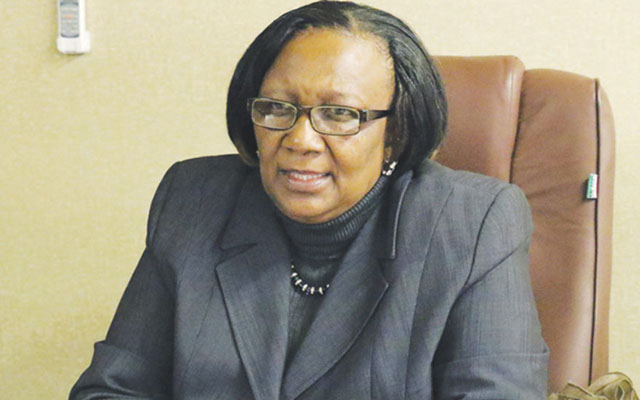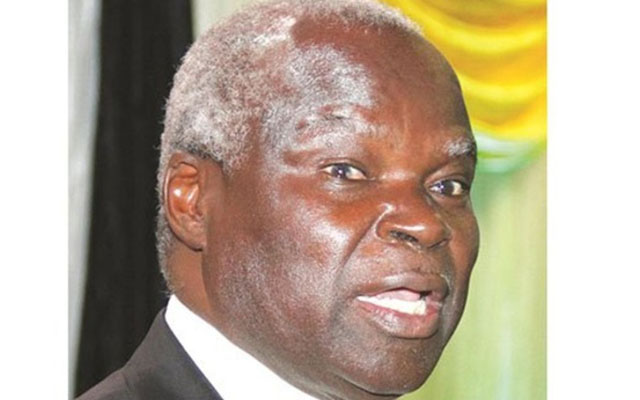Victoria Ruzvidzo in MADRID, Spain
Tourism and Hospitality Industry Minister Prisca Mupfumira is leading a Zimbabwean delegation which arrived here yesterday to participate in the 2018 FITUR travel and tourism fair currently underway.
This is the 10th time Zimbabwe is participating at the travel expo and the delegation comprises the Zimbabwe Tourism Authority officials, tourism operators and journalists from the public and private media. Thousands of tourism operators and journalists converge in the Spanish capital annually to exhibit and formulate strategies to take the lucrative travel and tourism industry to the next level.
This year’s event is quite important and timeous for Zimbabwe as it happens a few months after the country embarked on a new trajectory that has boosted confidence and raised more interest in the Southern African country. The international community has registered confidence in efforts by President Mnangagwa and his team to transform the economy.
Tourism has long been identified as one of the key drivers for economic growth. ZTA chief executive Dr Karikoga Kaseke said participation at FITUR would help the authority to push forward Zimbabwe’s tourism agenda to the Spanish market and to the rest of the world. He said the platform would present an opportunity to engage United Nations World Tourism Organisation (UNWTO) Member States to rally behind Zimbabwe as the destination sought to regain its lost market.
“We are going with the Minister and we are confident she will take the opportunity to answer to the questions that are being asked by major tourism players in the globe: what this new dispensation that we are having in Zimbabwe is all about and encourage the world to support this new development,” said Dr Kaseke. Tourism operators said it was critical for Zimbabwe to leverage on opportunities such as FITUR, given the positive developments brought about by the new dispensation.
“The era has since proffered intensive positive publicity, with various markets displaying excitement and interest in “the new” Zimbabwe,” said Dr Kaseke.
“The country’s participation at this year’s edition of FITUR is essential from a networking and business perspective, while it also presents a perfect opportunity to explain the new dispensation to the global family of tourism.”
FITUR is the leading trade fair in Spain and number three in the world after the Internationale Tourismus-Börse (ITB) Berlin and the World Travel Mart (WTM) London. The globe converges here to map out the future of tourism, as the UNWTO headquarters is here. Last year, the FITUR attracted a record 9 893 exhibiting companies from 165 countries and regions. It registered more than 135 000 trade participants and 107 000 public visits.













